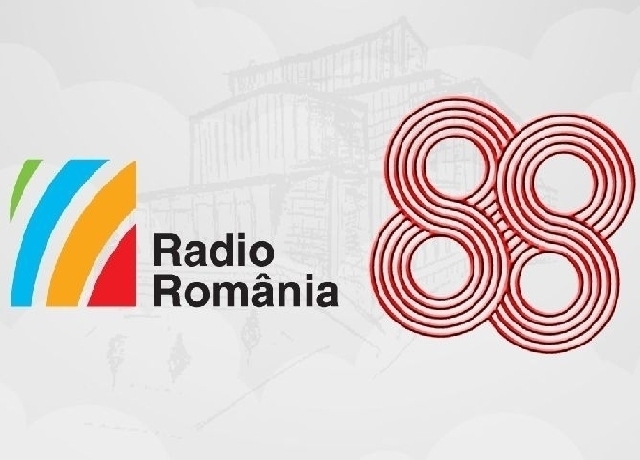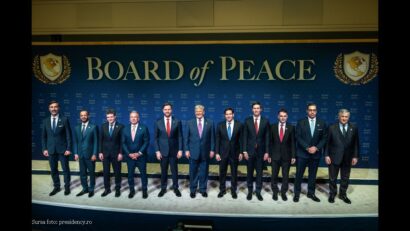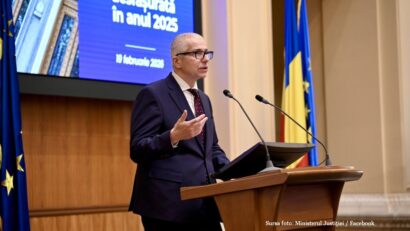Radio Romania Turns 88
On Tuesday, Radio Romania celebrated 88 years since its first broadcast. The anniversary comes as Parliament passed a controversial law, which would turn public radio and television into institutions financed by the public budget exclusively.

Valentin Țigău, 02.11.2016, 13:45
On 1st November 1928, the Romanian Radiotelephone Broadcasting Society went on the air. The words ‘Hello, here is Radio Bucharest’ were uttered by the first president of the institution, physicist Dragomir Hurmuzescu.
In these 88 years, public radio passed through historic political and social changes, 88 years in which it supported Romanian culture and was in important factor in forming editorial identity. Radio Romania is now the most important media institution in the country by the size of its audience, and the campaigns and large-scale cultural projects it gets involved in and supports.
It has four national stations, News and Current Affairs, Culture, Music, and the Village Antenna. In addition, it has regional and local studios, on-line channels for children and youth, as well as Radio Romania International, which broadcasts in ten foreign languages (Arabic, Chinese, English, French, German, Italian, Serbian, Spanish, Russian and Ukrainian), as well as in Romanian and the Aromanian dialect.
Speaking on the anniversary, Elettra Marconi, daughter of Italian inventor Gugliemo Marconi, addressed Romanians the following words, quote: “I would like to convey the warmest long life wishes. Think of my father, who created wireless broadcasting, radio, in order to save human beings, to help people send news anywhere. Radio means truth and freedom; it broadcasts freely only that which is true.
88 years from its first broadcast, Romanian public radio and television are faced with an unprecedented situation. A bill introduced by Social Democrats could lead to the elimination of the radio fee paid directly by citizens, resulting in the two institutions being financed exclusively from the state budget. While Social Democratic Party chairman Liviu Dragnea says that public radio and television would run a predictable course, numerous voices from inside and outside the two institutions in question believe that this change increases the risk of political and editorial subordination.
Commenting on this situation, Prime Minister Dacian Ciolos said on Tuesday that ‘The radio fee is not a tax per se, rather it is a contribution made by citizens for the right to being freely informed and for the independence of public institutions’. It was also mentioned that in most European countries, such as France, Germany, Italy and the UK, this fee is the source of financing for public radio and television services.
The bill slashing the fees was passed by Parliament last week; it eliminates in bulk 100 more types of taxes, and was sent to President Klaus Iohannis for endorsement. Some observers have pointed out its populism, ahead of the Parliamentary elections in December, and the lack of public debate around a law of national and strategic significance.






























